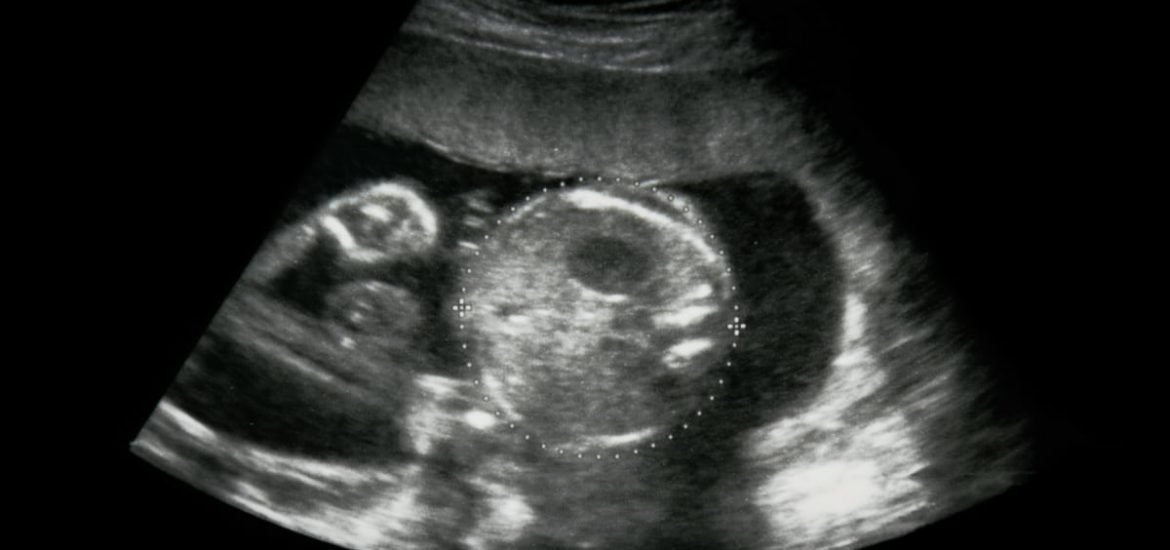
Eleven babies in the Netherlands have died during a clinical trial in which pregnant women were administered Sildenafil ― sold by Pfizer under the trade name Viagra ― to boost the growth of babies in the womb. A generic version of the drug, which is now off patent, was used in the study. The drug is used to treat erectile dysfunction and also prescribed to treat high blood pressure, but here it was hoped Sildenafil would encourage fetal growth by promoting placental blood flow and encouraging dilation of blood vessels in the pelvis.
The clinical trial, led by Amsterdam University Medical Centre, was based on successful studies performed in rats (1). The study, which began in 2015 and was due to run until 2020, was being carried out across 10 hospitals in the Netherlands and involved a total of 100 women, with the aim of helping underperforming babies achieve more growth in the womb. Another 10 to 15 women are still awaiting results to find out if their newborn babies have been adversely affected.
Unborn babies of women that took part in the trial showed poor prognosis due to limited growth. Of the total of 93 women administered the drug, so far 17 babies have developed lung problems as a result, leading to the death of 11. Another eight babies have died of unrelated causes. It is believed the drug may have caused high blood pressure in the lungs, resulting in the neonatal babies receiving too little oxygen. In the placebo group, three babies developed similar lung conditions, although none have died, and nine babies died of unrelated causes.
An equivalent study in Canada using Sildenafil has been put on hold and a similar trial in Queensland Australia has also been halted. Although the Australian study used much lower doses of Sildenafil than the Dutch trial and the drug was administered over a much shorter time frame, the trial has now been paused as a precautionary measure. The trial differs in that the drug is only administered to pregnant women after the 37-week mark (full-term pregnancies) and in a totally different context ― to reduce the risk of distress during labor.
Around 240 women have already taken part in the Australian study with no adverse outcomes compared to the placebo group. Professor Sailesh Kumar of the Mater Research Institute, who is involved in the Australian study, has stated that a decision on whether or not the study will be discontinued is going to be made in the next fortnight.
The Dutch research lead Wessel Ganzevoort, a gynecologist, told the De Volkskrant, a daily newspaper, “We wanted to show that this is an effective way to promote the growth of the baby. But the opposite happened. I am shocked. The last thing you want is to harm patients.” An external investigation will be launched, however, it is believed the trial was carried out properly.
(1) RamesaraI, S.V., Mackraja, I., Gathiramb, P., and Moodley, J. Sildenafil citrate improves fetal outcomes in pregnant, l-NAME treated, Sprague–Dawley rats. European Journal of Obstetrics & Gynecology and Reproductive Biology (2010).